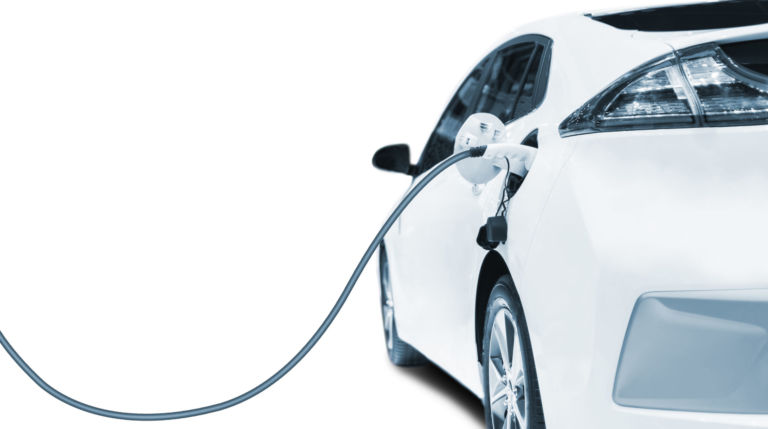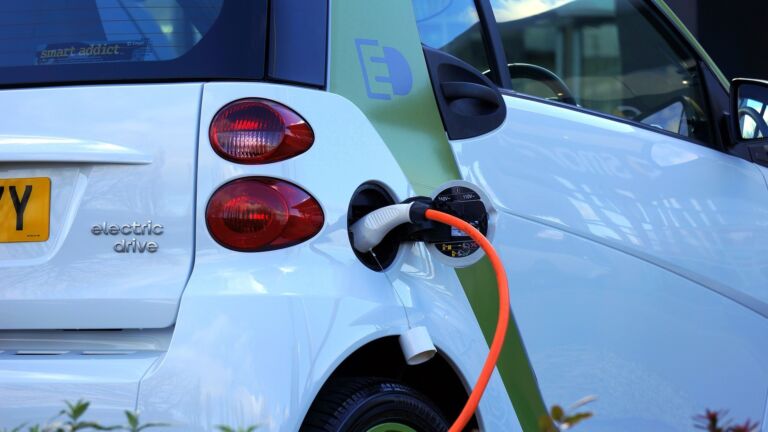Andrew Stuttaford writes for National Review Online about one of the unintended consequences of the government push toward electric vehicle use.
One of the many fronts in the war against cars is the war against parking lots. Parking lots, we are told, take up too much space, and encourage driving rather than taking public transport, bicycling along deserted cycle lanes, or, for those happily enjoying their exciting 15-minute cities, walking.
So some of those fighting against the wicked automobile will be perversely delighted by this piece of news from the U.K., via the Daily Telegraph’s Matthew Lynn:
“According to a new report from the consultants Arup, our car parks may need to become a lot more spacious because of the risk of fires. Simply put: parking spaces will have to be bigger, or cars will have to be parked further apart, because of the danger of electric battery fires spreading out of control.
“And more space is likely to mean higher prices (and probably fewer parking places). Are we going to have to completely revamp the nation’s car park estate to make the transition to electric? Will councils and others make car parks bigger to compensate for larger spaces, or more likely will parking become even harder to find than it is now?”
That’s a question that answers itself.
There’s one thing that should be emphasized. Electric Vehicles (EVs) are not more likely to catch fire than internal combustion engine cars, but when they (or more accurately their batteries) do, the fire is much more difficult to put out.
Back to Lynn:
“The charging network is proving harder to build than anyone predicted – and taking far longer. And that’s before reckoning with the need to power it; we will need to generate a lot more electricity to power all the EVs expected to be on the road over the next few years. That will have to be paid for.”
Harder than anyone predicted? Say it ain’t so. It’s almost as if central planners are fallible. It’s almost as if this particular evolution of the motor vehicle should have been left to develop naturally.


